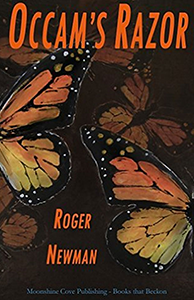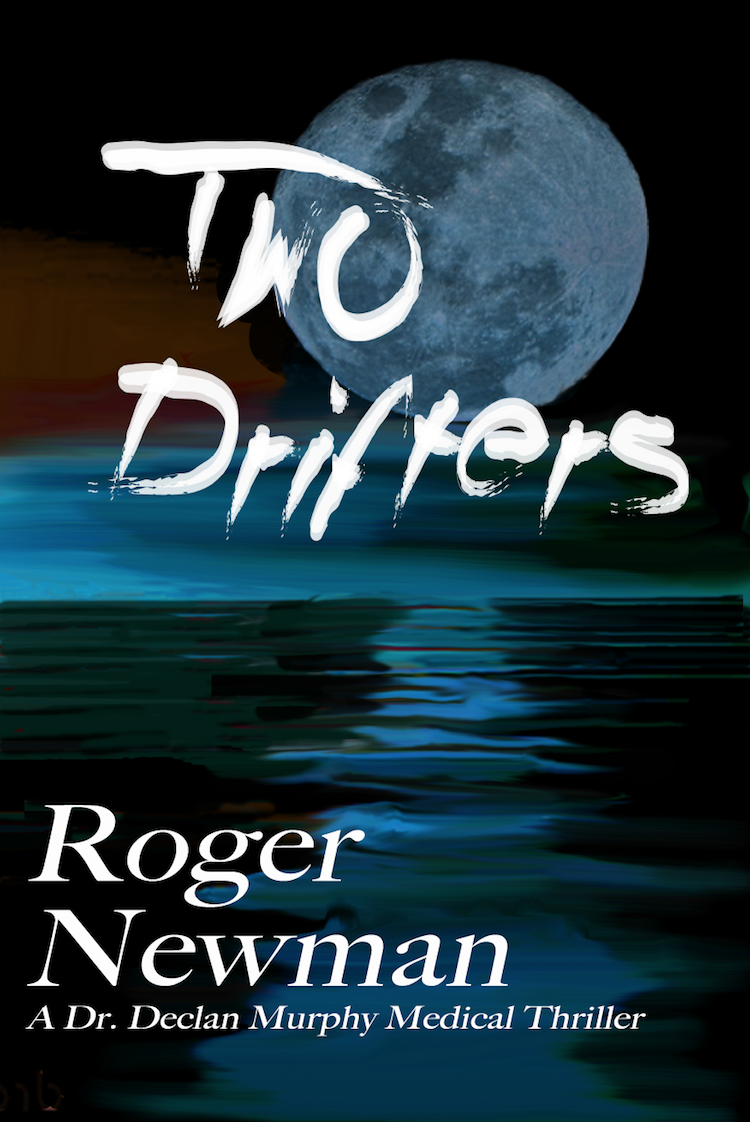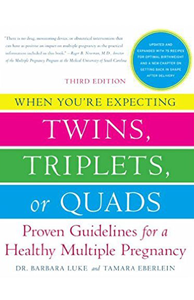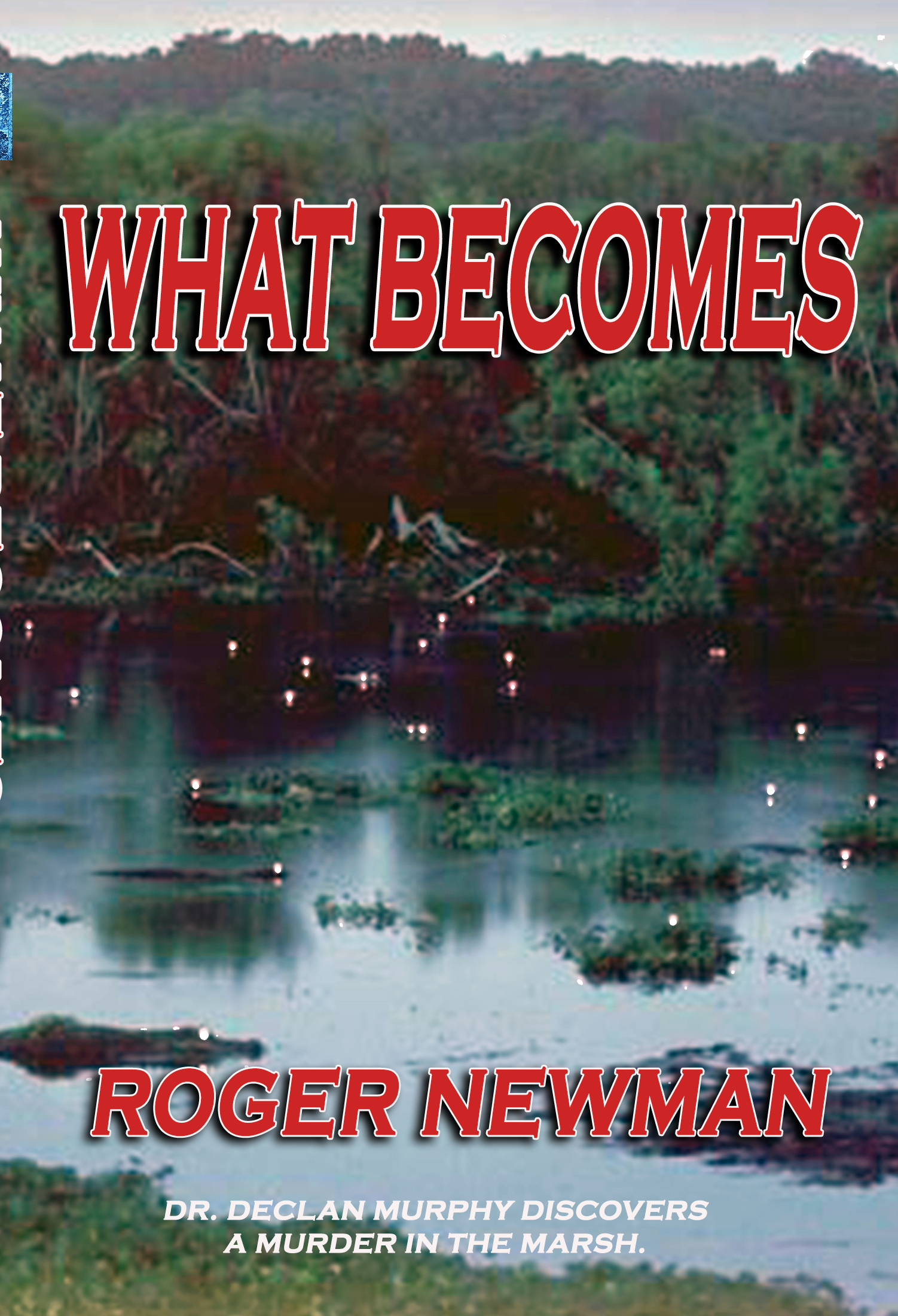March 16th is actually more than just the day before St. Paddy’s Day. Anyone in medical education recognizes March 16th as “Match Day.” It’s the day when graduating medical students find out where they’ll be working in their respective residency programs come July 1st. Similarly, medical schools and hospitals will find out who will be their newest employees.The National Residency Matching Program (NRMP) was established in the 1970’s as a curious little profit-center whose job was to bring order out of chaos.
In Obstetrics and Gynecology alone, there are more than 1,000 graduating medical students interested in the specialty who must find a residency position somewhere in the country in order to continue training towards their career goals. Considering all the specialties, there are probably 20,000 plus medical students involved in the match each year. Interestingly, I have very little personal experience with “the match,”but I do know how things were before it.
When I was graduating from the Medical University of South Carolina (MUSC) in 1980, the NRMP had only been around a few years. Charleston has a history of not taking to new things very fast. We like things “the way they used to be.” The chairman of the Ob-Gyn Department was a lion named, Lawrence L. Hester Jr. MD, summoned Jukie Leary and myself into his office one day just before the beginning of “match season.” He told us that we were the two boys that he’d selected for his Ob-Gyn residency from MUSC and he wanted to know what we thought about that. Jukie and I looked at each other, then told him that we were honored. He said “great”. There was no discussion of salaries, call schedules, our interests or options. He advised that we both “sign up” for the match as a formality. We should list MUSC only and that the department would list us top choices. He stuck out his hand and said , “Settled?” We shook it, and said, “Yes sir.”
I don’t know what Jukie did, but I didn’t take any interview trips. I had no doubt that a handshake from Lawrence Hester was far more reliable than any computer algorithm. I saved a lot of money, no one lied to me and I didn’t lie to anyone either. Plus, it was terrifying to have Dr. Hester’s crooked finger pointed at you. On “Match Day”, Dr. Hester was good to his word. I’m just as sure, however, that not every program operated with the same Citadel-bred high integrity as Dr. Hester. People scrambled to find places that would interview them. Student applicants lied to maintain program interest and programs lied to maintain a good cadre of committed students in case some one was joshing them.
I experienced what things could be like without the match when I applied for my Maternal-Fetal Medicine fellowship after completing my 4 year residency. At that time the fellowship programs had not yet adopted the NRMP system. I flew to Los Angeles to interview at L.A. County-USC Hospital to discovered they had already promised their two fellowship slots to internal candidates. On the day that programs could offer contracts I was pressured to commit to a program I liked, but didn’t love. They gave me till noon to resolve whatever bogus delay I had described. They would expect a decision by then. Thank God, UCSF, which was a program I loved, called at 11 am EST and offered me the opportunity of a lifetime. Bottom line, prior to the NRMP it was a wild west show every spring with 20,000 medical students angling for the best job offers and slitting throats, if need be, to get them.
The NRMP provides a standardized application form, selected months for interviews (match season), deadlines for both the applicants and the residency programs to submit their numeric “match lists” and, of course, “Match Day” when everyone is simultaneously, and legally, matched. The students submit a preference list generated from the programs they visited and would like to work. The residency training programs submit a preference list of the students they interviewed and would most like to work with.
The NRMP computer matching algorithm is the second most closely guarded secret in America behind only the seven secret spices in Kentucky Fried Chicken. The only thing they will tell you is that it is designed to work in the student’s best interest. Remarkably, it does seem to work. At least in Ob-Gyn, upwards of 70% of the applicants get their top ranked program. Eighty to ninety percent get one of their top three choices. Inevitably, someone does gets left out in the cold and has to scramble, or doesn’t get the match they wanted. Consequently, there are always murmurs about the unfairness and illegality of the NRMP. I don’t know about that, but I know its better than what it used to be. Now, every March 16th, fourth year students all over the country dress up like Halloween and go to an auditorium where residency match envelopes are opened and read like the Oscars. There is even a Red Carpet and an After Party.
While the NRMP is interesting, in the words of Arlo Guthrie, “That’s not what I came to tell you about. I came to talk about the draft.” Rather than how we select, I wanted to talk about who to select. For years, I was accused of only wanting to select student applicants with athletic skills. I was the player-coach of all the departmental intramural sports teams. It was assumed that I wanted to stock the roster with ringers like Angela “The Hammer” Clary, Michelle Urban “Warrior”, Bobby “The Latin King” Pereyo, Mark “Butter” Bland, and Eugene “The Rifleman” Chang. Well, I’m well past my playing days, but I still believe that a background in competitive athletics is the best thing to look for in a student resume.
I used to pay a lot of attention to standardized board scores, but I’ve come to realize that 10 or 20 points on a standardized exam doesn’t differentiate applicants as long as their scores are qualifying. I believe that racial and gender diversity are essential to a residency program, and we still have work to do. Research experience reflects opportunity rather than capability. Every student has a long and indistinguishable list of volunteer activities and previous employment as a waitperson or bartender. Every student has been an officer in some organization, sung or played an instrument in the church choir, school band or Cappella group, and all have been on a mission trip. In the old days, we would come across someone who had really done something fascinating, like climbing Mt. Everest or sailing in the America’s Cup, in the year or years between college and medical school. Now virtually every medical student has done something of interest during their “gap year.”
I still look for medical students who have been competitive athletes. It has nothing to do with intramural sports. It has to do with the fact that medicine is often a battle with disease. It’s a competition between health and disease where there will be winners and losers. Assuming adequate intellect, I don’t think there is anything that prepares you for a career in medicine better than experience with high level competitive sports.
Athletes understand that success in the game demands effort in practice. Athletes understand that if you don’t master all the basics in practice and build your endurance you will falter in the game. High level athletes understand that skill alone is not enough. There also has to also be desire. In a pick up game, I’ll always select the good player who hates to lose as opposed to an elite athlete who lacks the same fire in his or her belly. All athletes also understand the inevitability of losing, but they are never willing to accept it gladly.They aren’t broken by it. They don’t deny it. They learn from it. They go back to practice and improve their game so they’re ready for the next contest. Athletes won’t give up. Even if they are down by ten with one minutes left, they’ll compete until the final buzzer. Athletes never quit because they are getting tired. They may lose, but they’ll empty the tank trying.
The doctor that I want has proven they can give their heart and soul to something. The doctor I want hates to lose at anything. The doctor that I want will never give it. The doctor I want is always working to improve him or herself. I want a doctor who isn’t satisfied with anything short of being the best at what they do. I know it is not politically correct these days, but my preference is for a doctor who wants to be the best there is, not just the best they can be. I want my doctor to be the one that won the championship trophy, not just a participation medal. I like Sportsmanship trophies as well, but I also don’t mind if my doctor might be willing to cut some corners in order to win.
I also have to admit that I have a preference for team sports. If all else is even, I’ll take a baseball, basketball, soccer or football player over a long distance runner, tennis player, golfer or luger. I don’t know what to think about curling. Many of the important elements of competition and competitiveness can be found in individual sports. Individual sports may benefit from the fact there is no place for the competitor to hide. However, there is an element to team sports that translates so well to the current practice of medicine.
Medicine is practiced as a team effort. It amazes me the number of people who have little concept of how to function as part of a team. There are people who don’t know how to communicate among teammates. There are people who don’t know how to work at some else’s direction, how to delegate responsibility, how to take credit or blame as a team rather than as an individual. Like a five person fast break, there is an elegance to a high functioning medical team caring for either a complicated patient in an ICU setting or a dozen laboring women on a maternity floor.
It will be exciting to see how the new residents we matched on Friday work out. I don’t interview as many applicants as I used to. However, I was pleased to see that two of our six were applicants that I had ranked highly with academic and athletic credentials. I’m thrown off kilter a little by another applicant, who I didn’t meet, but whom I am told is a superb violinist. To become great at playing the violin must have many of the same demands as athletics. You can’t be missing notes during your solo recital. I don’t think there is any such thing as a half-hearted violinist. What I don’t know is whether violining is an individual effort, or is it part of an orchestral team? Will be interesting to find out. If I am still blogging in four years I will let you know how each of our new recruits worked out. I bet they will all be great, but maybe one or two might just be a niblet ahead of the others. Game on!!
Finally, it is important to note (if it is not obvious) that the above are purely my opinion. I have no doubt that many, if not most, students and educators would disagree with me. They would value other aspects of the application and interviewing process as being more predictive of success. They may well be right.
Not hard to figure out the appropriate Springsteen song to accompany this blog. A favorite from the E Street Band’s Born in the USA tour, Glory Days is a celebration of the games we played in our youth and their importance in our lives. However, I do think I’d look twice at an applicant who claims to have thrown a “speedball” rather than a “fastball.”
The author is a Professor of Obstetrics and Gynecology at the Medical University of South Carolina. The opinions are his alone and not those of his employer.








Hello Roger!
Great comments as always.
I love the Match. I love its mathematical purity. I think that if human beings would just do what they are supposed to do, it would fulfill its purpose of matching the best possible residents for each program while giving students the best chance to train where they want to. Unfortunately, program directors all over the country seem determined to screw up the match. They do this by trying to predict where students want to go, and changing their rank list based on that. This is entirely against the basic premise of the match. The mathematically correct way to do it is for each program to rank them in the order they want them and for the students to do the same, but programs often rank people lower because they perceive that that candidate doesn’t want to come to their program, which is entirely unnecessary. I think it comes from two things:
1) there is some kind of ego to being able to say “We only went down to #7 on our list to match our 5 slots”. Of course if you know who is going to rank you #1, you can absolutely write a list that will fill in your top 5 slots. And if your goal is to be able to say you only went down X names to fill, then this is a good strategy. But if your goal is to match the people you WANT, then this is stupid, and actually mathematically suboptimal towards reaching that goal. Programs should not compare how far they went down their list. It is a meaningless thing that mostly shows you how much information you had about where your applicants would be ranking you, with perhaps a little information about general program desirability
2) This said, there is a single good reason to want to know where people are ranking you, and this specific circumstance represents a defect in the match system. The problem is this: The match system presumes that you want the best candidates out of a large group of people. What this fails to account for is that sometimes you split the potential pool of candidates into subgroups, and have a legitimate reason for wanting to have a number of matches from each group. Most commonly, this is a program that would like to get 20-40% of their matches with hometown students. Also in OB/GYN, sometimes a program would like get a male or two. Perhaps a program might want ethnic diversity as well and the applicant pool is not diverse enough to guarantee this without some list mechanics. For this reason, programs want to know where students will rank them. Basically this was what Dr Hester was doing in your situation.
In the end though, I wish programs would just rank ’em the way they want them, and trust the NRMP will create the optimal list after that. But every year in rank meetings I heard the entire faculty talk about whether or not a student wanted to come. And every year I stood up and gave a bit of a soliloquay about how the match works and how it doesn’t matter whether they want to come or not and it should have no impact on our rank list. And just as you remember from when I was a resident, I was usually the one person in the room that thought differently than everyone else.
On another note –
I appreciate your notes about wanting candidates that did sports. I had a somewhat different take. When I interviewed candidates I really just wanted to find some people I would enjoy working with. I really didn’t care about their academic credentials. After many years I realized that I just couldn’t predict who was going to be great and who wasn’t based on their application. But I could predict one thing – I could predict who I liked personally. And that mattered a great deal. And that matter was even greater when we were talking about fellowship candidates, as unlike a resident who you will work with off and on for four years, you will work with a fellow every day for two years. Something I used to say to other faculty was “The joy of working with a superstar pales in comparison to the pain of working with a difficult human being.” In the end, I wanted to enjoy my work, and that meant working with people who were good to be around. So that’s who I ranked highest. Given that my picks pretty much never matched with us, I think the rest of the faculty just liked board scores.
Well written by one of the best UCSF fellows ever to attend the MFM fellowships in SF.
A Comment: Very little data has been collected as to how happy are the residents a year, two or three into their residency training . The fact that 70% get their first choice. Means relatively little. How fulfilled they are may mean much more.